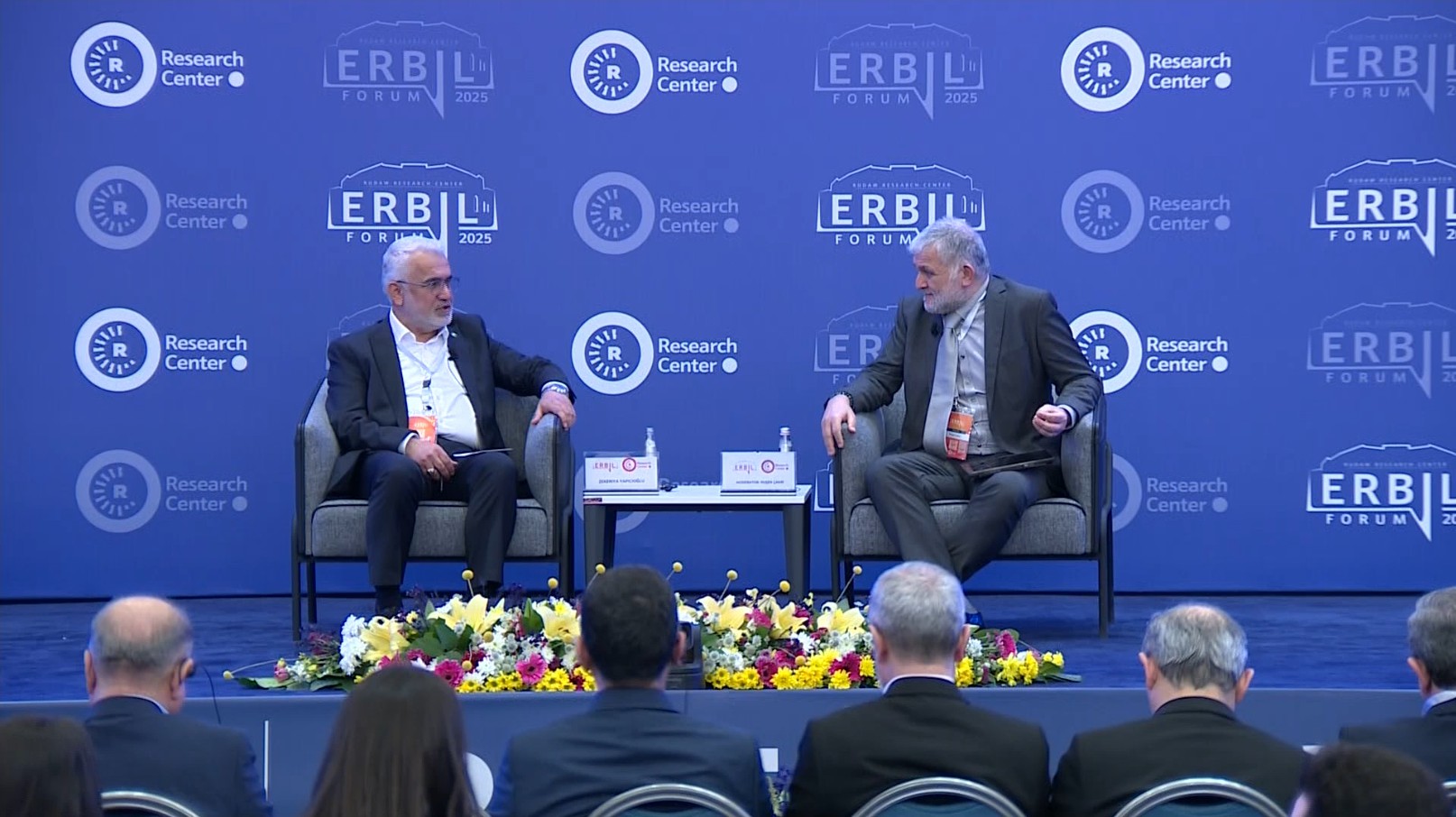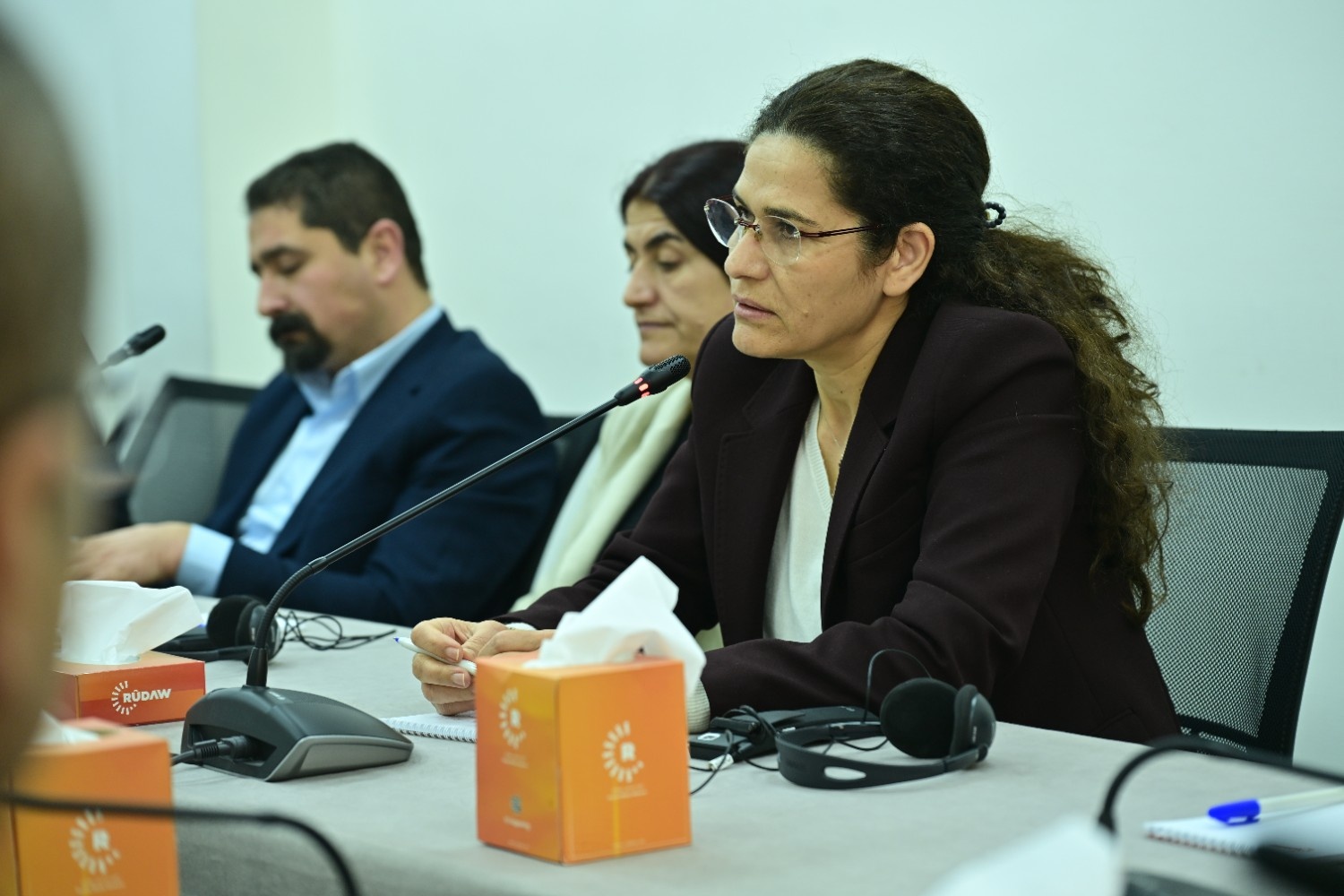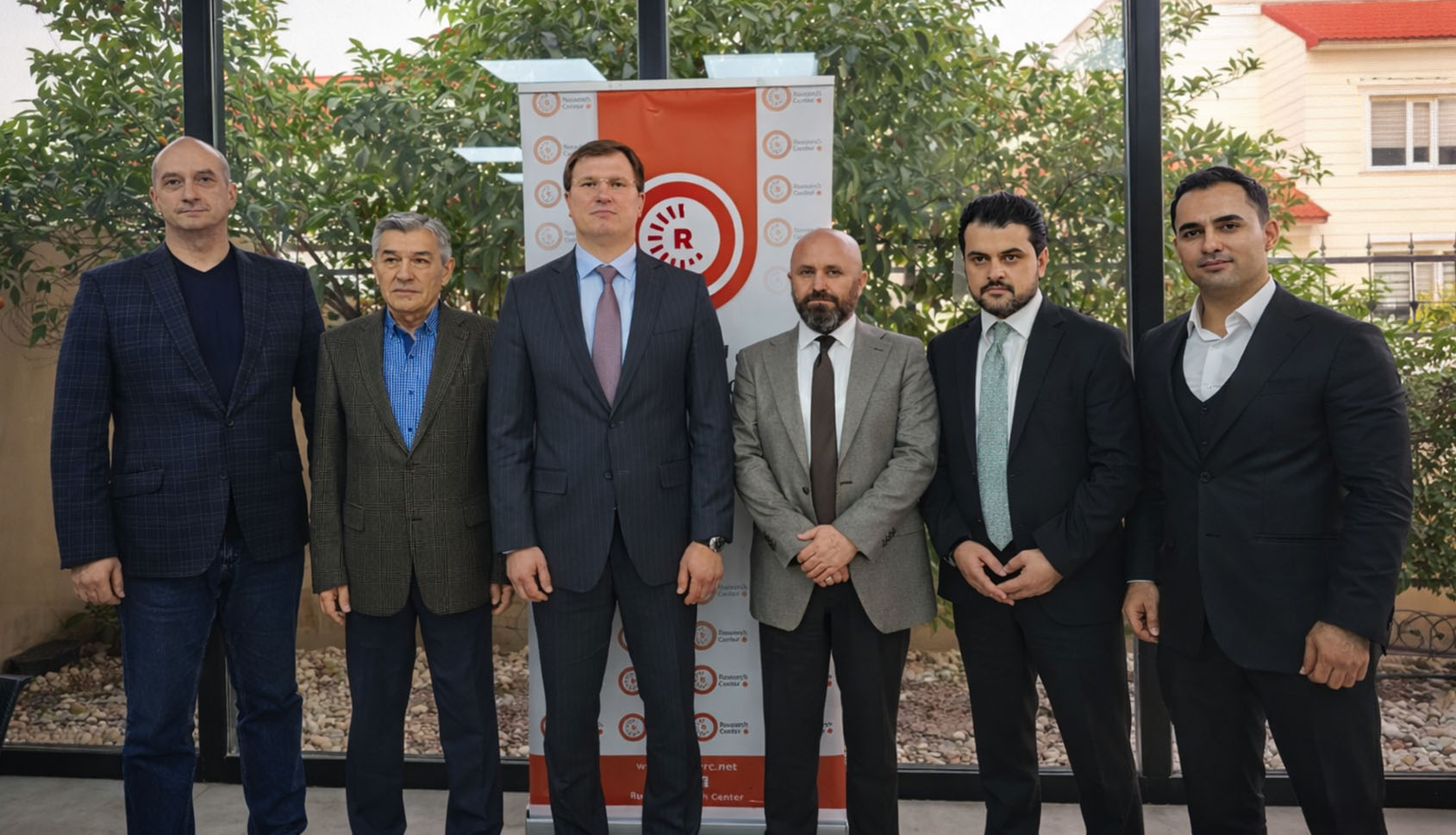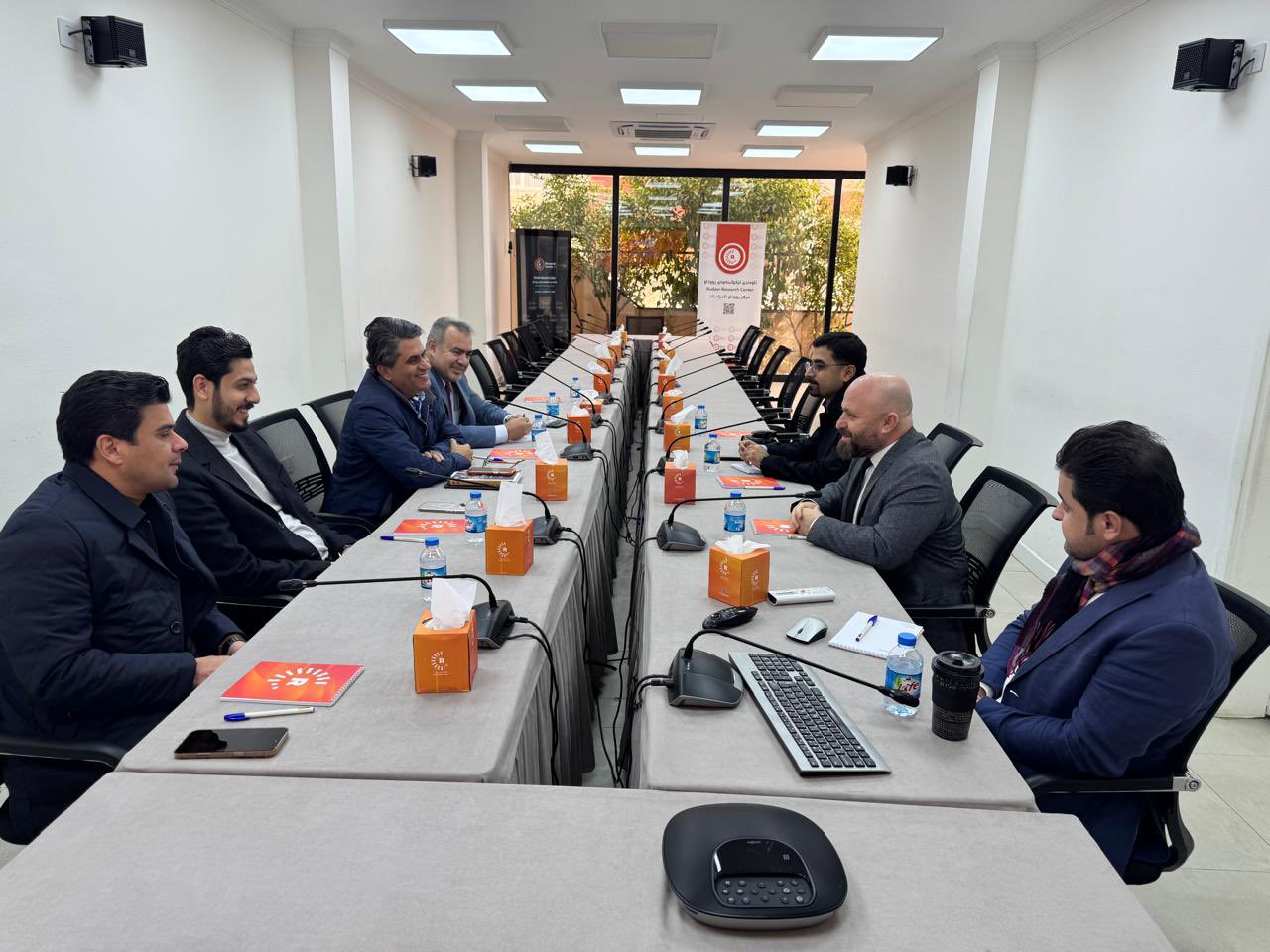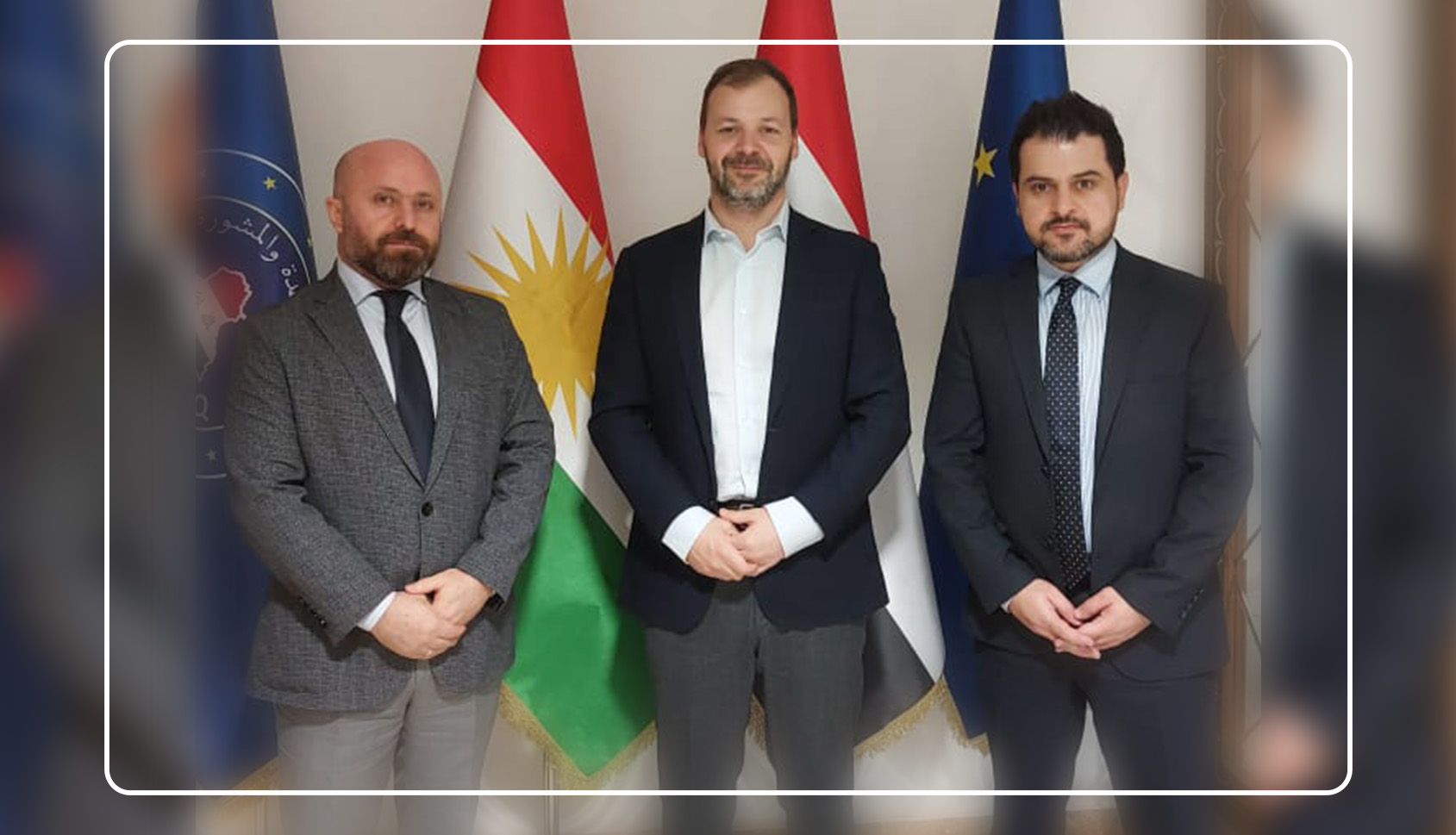Ruşen Çakır: Tomorrow, the DEM Party delegation will visit İmralı for the third time to meet with Öcalan. Normally, two people would visit İmralı, but this time seven people are going: Ahmet Türk, five parliamentarians, and a lawyer. On Friday, the DEM Party invited all its parliamentarians to Ankara. It is said that necessary clarifications about the visit will be made. Has the time for the announcement come, Mr. Zekeriya?
Zekeriya Yapıcıoğlu: God willing.
Ruşen Çakır: What do you think, will Abdullah Öcalan clearly call for the PKK to lay down arms?
Zekeriya Yapıcıoğlu: The truth is that talking about the future is not an easy task. Also, the necessary information is not yet available on this matter. But most likely, the call will be in that direction. Is a call to abandon weapons good? We believe, without hesitation, that a call to lay down arms is necessary and should be demanded. Because such a call would be very beneficial for all people in the region and for all nations in general, including the Kurds. The weapons in the hands of the PKK and the PKK's armed struggle are among the biggest obstacles to solving the Kurdish issue. Therefore, I believe that this is not only related to the Kurds in Turkey, but also the Kurds in the Kurdistan Region and the Kurds in Syria will similarly benefit. I hope such a call will be made, and that the issue of weapons will come to an end forever.
Ruşen Çakır: If Öcalan makes such a call, perhaps Qandil won’t comply? What do you think, is such a possibility on the table?
Zekeriya Yapıcıoğlu:
This possibility is not zero, but I believe it will diminish. After news of Öcalan's video call was published in the media, Qandil immediately released a statement saying that the harsh prison conditions and Öcalan's continued detention in Imralı Prison do not lend legitimacy to his messages and calls. Furthermore, Qandil issued another statement indicating that disarmament can only happen through a congress, where a decision will be made. Qandil's latest message emphasized that Öcalan's call must be in video form for them to trust it; if it is in written form, it would cause suspicion. Qandil has discussed this issue internally, and although some have declared their non-compliance, there is still a possibility of changing positions. The likelihood of compliance is increasing. I hope that this will happen and that they will welcome the call and lay down their weapons.
Ruşen Çakır:
Let’s assume that if the PKK complied with Öcalan’s call, it would have laid down its arms at one stage of the process, and there would have been discussions about it. What happens next? How does the process progress? What is your perspective?
Zekeriya Yapıcıoğlu:
From the beginning, we, as a political party, closely monitored the situation and were aware of many things. If you recall, on November 22, 2024, Mr. Devlet Bahçeli made a statement during his party's parliamentary faction meeting, where he announced, "Let Abdullah Öcalan come to parliament and call for the dissolution and disarmament of the PKK." He directly raised the stakes to the highest level. This was shocking for everyone. In response, Mr. Erdoğan pointed to two issues: first, a Turkey without terrorism, and second, strengthening the domestic front to maintain brotherhood and harmony. There is no doubt that abandoning weapons brings many benefits and advantages. However, after this, other steps need to be taken as well. Mr. Erdoğan referred to this in his speech at the 8th AK Party congress, saying that if weapons are laid down, a commitment must be made for the next phase, and a Turkey without terrorism should be built. He also stated that the state would take important steps in this framework. He repeated the same thing at the AK Party congress in Diyarbakır. Resolving and strengthening the domestic front certainly requires quick and practical steps.
I believe the government has not yet entered into bargaining and negotiations. In other words, the state has conditioned its willingness to negotiate on the PKK's disarmament. It remains firm and insistent on this point in order to end violence. Until now, the steps of these phases have not been clarified as to how they will be or in what direction they will go. Until now, none of the parties involved have officially spoken on this issue. Regarding anything related to rights and freedoms, I think it's wrong to make it a precondition. For more than 10 years, we have discussed this and continue to repeat it. We said the same thing in the first peace process that started in 2013-2014, which unfortunately failed. We continuously criticized preconditions, as they should not be the reason for the failure of dialogues. Yes, weapons need to be silenced, and bloodshed must end. Yes, weapons are not a means to gain rights. Also, linking the demands of Kurds who do not have weapons to those who do is a glaring mistake and should not be treated this way. This approach is wrong, and the method is wrong. I wish this problem had been solved in 2015. I wish it hadn't been prolonged. I wish the old methods hadn't been followed. But unfortunately, this didn't happen, and our concerns were not addressed. Fundamental rights should not be made subjects of negotiation.
Ruşen Çakır: You mentioned that Devlet Bahçeli gave a speech. You were also a member of the Cumhur (Republic) Alliance in the last election. You received votes and entered parliament. You supported Erdoğan for re-election as president. You even shook hands with Devlet Bahçeli and took photos together. Everyone knows that whenever the Kurdish issue was brought up, it was often said that Erdoğan wanted to do something, but Bahçeli wouldn’t allow it. Then, we saw Bahçeli requesting Öcalan to deliver a speech in parliament. How did you feel at that moment?
Zekeriya Yapıcıoğlu: Honestly, we consider Mr. Bahçeli’s message to be a great opportunity.
Ruşen Çakır: But were you surprised?
Zekeriya Yapıcıoğlu: Yes, we were surprised. What seemed even more unusual was not just that he made the call, but the high-level request for Abdullah Öcalan to attend the DEM faction meeting in parliament. This point seemed very strange to us. He also set the condition that if Öcalan says certain things, he would be allowed to come to parliament and make a speech. What remains to be seen is whether Bahçeli actually meant for Öcalan to physically attend the DEM faction in parliament, or whether he was signaling that, for the sake of solving the issues, we are willing to compromise to this extent. I think he meant the latter, because we all know that Abdullah Öcalan will not come to such a meeting, nor will he deliver such a message. In fact, we know that such a call cannot even be made outside of İmralı. So, the odds are that it will be a video message. So, I see it as a great opportunity because this was not even discussed before. Whenever the government presented such an intention, Mr. Bahçeli’s party would block it.
Well, when did this change, especially after the first process failed? Before 2015, there was no coalition between the AKP and the MHP. The coalition between the AKP and MHP was formed after the July 15, 2016 coup attempt. Perhaps the MHP would have taken a tough stance when the Kurdish issue was on the agenda, but the CHP played a role here by preventing the government in the first process. However, some good steps were taken, and progress was made. But it ultimately failed, and after the failure of the process, despair spread to everyone, especially the government. The government declared that there was no such thing as a Kurdish issue. "Our Kurdish brothers have issues, and it is our duty to solve those issues," they said. But it was no longer going to be called the solution process. From now on, if the Kurdish issue is discussed, we will not discuss or negotiate with anyone, and we will not make this mistake again.
But when I say this is a new hope and opportunity, it’s not only because of Mr. Bahçeli’s stance but also because the CHP has abandoned its obstructive position. These two developments have raised hopes.
Ruşen Çakır: About 10 days ago, you held an event in Amed titled Kurdish Issue and Humanitarian Solution. The event was attended not only by your members and supporters but also by members of other Islamic parties. The closing statement of your event had a significant impact and resonated strongly. Some politicians supported it, while others strongly rejected it. The MHP was among those who rejected it. Do you regret this?
Zekeriya Yapıcıoğlu: No, we have no regrets because we have not done anything wrong.
Ruşen Çakır: What did you do that made some people so angry?
Zekeriya Yapıcıoğlu: Not everyone was angry. I don't know from which perspective you observed the reactions. Were you looking at the empty side of the glass or the full one? It is true that some people are angry, but we say that these people will be angry no matter what we do. Therefore, we don't act to simply please them. We do what we believe is right.

